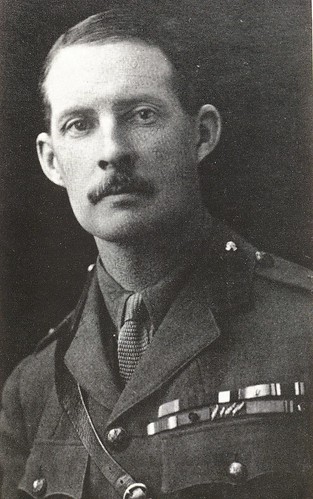 44 years ago today, Sir Winston Leonard Spencer Churchill passed away.
44 years ago today, Sir Winston Leonard Spencer Churchill passed away.
I wrote this four years ago.
This quote:
The best argument against democracy is a five-minute conversation with the average voter.I regret to say that there is no documentation for it. It is commonly attributed to Churchill, but the Churchill Centre has no documentation Churchill ever said this. The Churchill Centre even believes this statement does not reflect the positive attitude Churchill had towards the average voter.
Amongst what Churchill said was (October 31, 1944, The House of Commons, courtesy of the Churchill Centre):
At the bottom of all the tributes paid to democracy is the little man, walking into the little booth, with a little pencil, making a little cross on a little bit of paper. No amount of rhetoric or voluminous discussion can possibly diminish the overwhelming importance of that point. The people have the right to choose representatives in accordance with their wishes and feelings, and I cannot think of anything more odious than for a Prime Minister to attempt to carry on with a Parliament so aged, and to try to grapple with the perplexing and tremendous problems of war and peace, and of the transition from war to peace, without being refreshed by contact with the people.And in the House of Commons on June 5, 1946 (also courtesy of the Churchill Centre):
With all their virtues, democracies are changeable. After a hot fit, comes the cold. Are we to see again, as we saw the last time, the unjust severities inflicted upon the vanquished, to be followed by a period in which we let them arm anew, and in which we then seek to appease their wrath?Of the more skeptical view (Fifty Years Hence, Strand Magazine, December of 1931, courtesy of the Churchill Centre):
Democratic governments drift along the line of least resistance, taking short views, paying their way with sops and doles, and smoothing their path with pleasant-sounding platitudes. Never was there less continuity or design in their affairs, and yet towards them are coming swiftly changes which will revolutionize for good or ill not only the whole economic structure of the world but the social habits and moral outlook of every family....Democracy as a guide or motive to progress has long been known to be incompetent. None of the legislative assemblies of the great modern states represents in universal suffrage even a fraction of the strength or wisdom of theMy view remains that Churchill is neither amongst the soundest on democracy nor amongst the hopeless worshippers.
community. Great nations are no longer led by their ablest men, or by those who know most about their immediate affairs, or even by those who have a coherent doctrine.





No comments:
Post a Comment